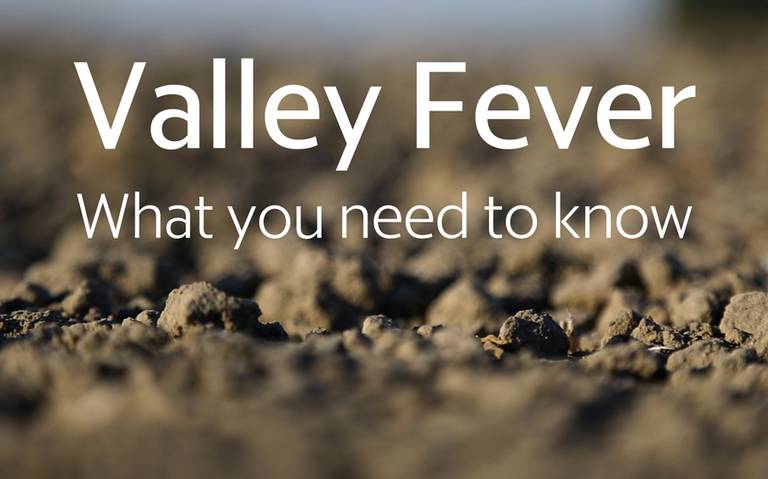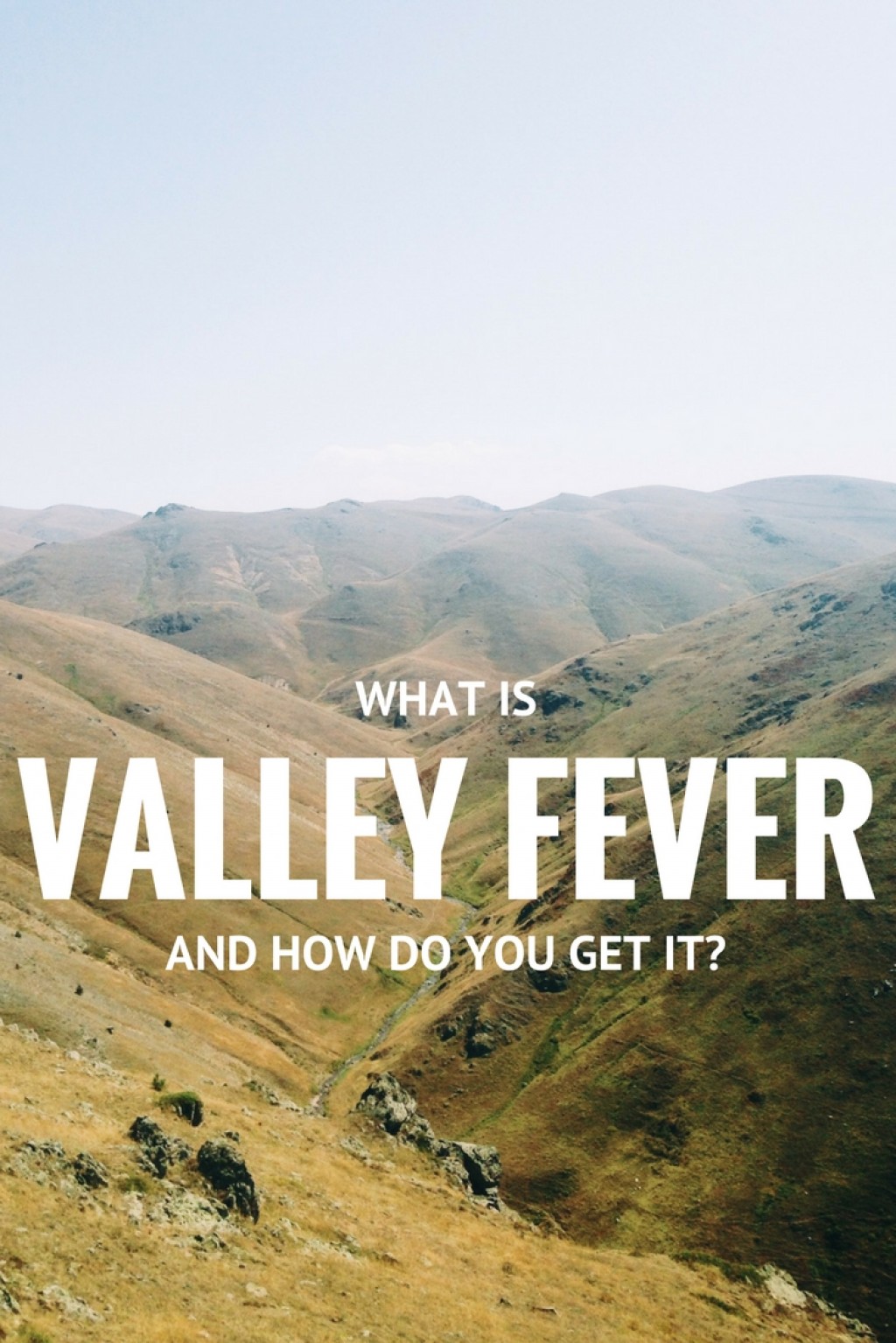Table of Contents
- Pin on Coccidioidomycosis (Valley Fever)
- valley-fever-epidemic-book | Valley Fever Survivor
- Valley Fever: 10 Symptoms of Valley Fever
- How Do You Get Valley Fever? | HubPages
- After music festival diagnoses, health experts remind public of Valley ...
- Pulmonary Roundtable: Valley Fever
- Rising threat of Valley Fever in western US: A silent epidemic unfolds ...
- Valley Fever | Retired Employees of Los Angeles County
- Valley Fever: What Is Valley Fever?
- Valley Fever Coccidioidomycosis Symptoms Disease Icon Stock Vector ...



Symptoms of Valley Fever




Causes of Valley Fever
Valley fever is caused by inhaling the spores of the Coccidioides fungus, which is commonly found in the soil of dry, desert regions. The spores can become airborne when the soil is disturbed, such as during construction, farming, or other outdoor activities. People who work or spend time outdoors in these areas are at higher risk of contracting the disease.
Risk Factors
Certain groups of people are at higher risk of developing valley fever, including: People who work outdoors, such as construction workers, farmers, and landscapers People who participate in outdoor activities, such as hiking, biking, or horseback riding People with weakened immune systems, such as those with HIV/AIDS or undergoing chemotherapy Older adults Pregnant women
Treatment Options
Treatment for valley fever typically involves antifungal medication, which can help to alleviate symptoms and prevent complications. In severe cases, hospitalization may be necessary to treat complications such as pneumonia or meningitis.
Prevention
While there is no guaranteed way to prevent valley fever, there are steps you can take to reduce your risk of contracting the disease: Avoid disturbing soil in areas where the fungus is common Wear a mask when working or spending time outdoors in these areas Stay indoors during dust storms or when the air is filled with dust Get tested if you have been exposed to the fungus and are experiencing symptoms In conclusion, valley fever is a serious disease that can have significant consequences if left untreated. By understanding the symptoms, causes, and treatment options, as well as taking steps to prevent the disease, you can reduce your risk of contracting valley fever. If you suspect you have been exposed to the fungus or are experiencing symptoms, seek medical attention immediately.Source: Mayo Clinic
Note: The article is written in HTML format with header tags (h1, h2) and bold tags () to highlight important keywords and phrases. The article is also optimized with relevant keywords, such as "valley fever", "symptoms", "causes", and "treatment options", to improve search engine ranking.